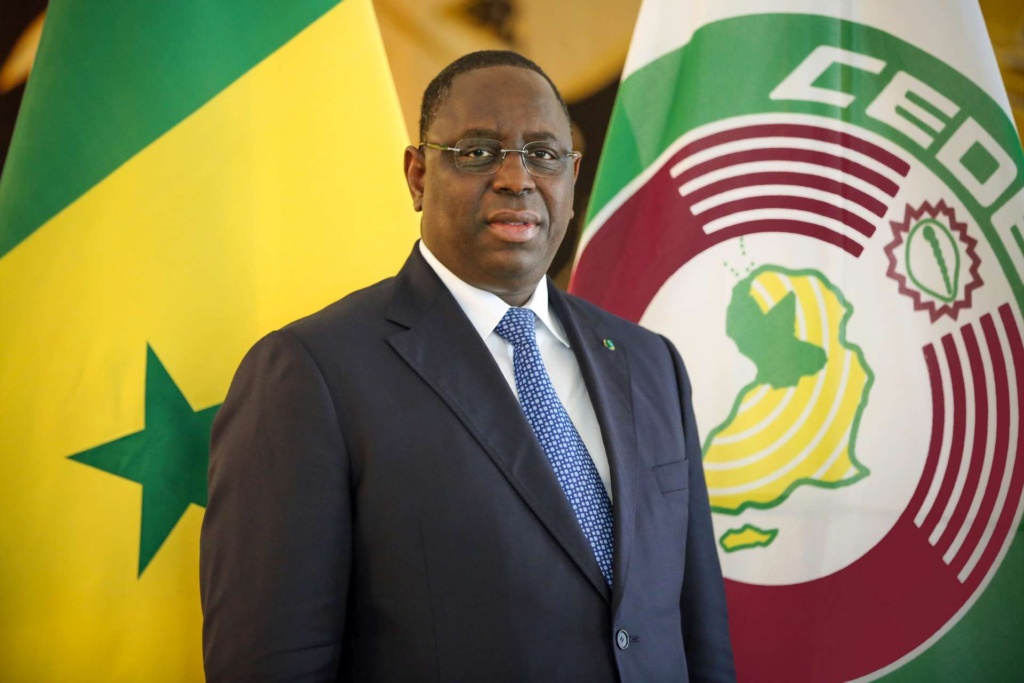
By Olakunle Agboola – Senegal, known for its vibrant democracy and peaceful transitions of power, finds itself embroiled in controversy as protests erupt over the postponement of the presidential election. What began as a nation’s anticipation for democratic renewal has morphed into widespread unrest, highlighting the fragility of democratic processes in the region. The postponement has ignited concerns about political manipulation and threatened to undermine the trust of the Senegalese people in their electoral system.
Senegal, often hailed as a beacon of stability in West Africa, has a long history of democratic governance. Since gaining independence from France in 1960, the country has held regular elections, with power peacefully transferred between rival parties. However, recent years have seen growing discontent over economic disparities, corruption, and perceived government ineffectiveness.
The scheduled presidential election was poised to be a critical moment for Senegal, with incumbent President Macky Sall facing strong opposition from a coalition of parties led by influential figures such as Ousmane Sonko and Khalifa Sall. The election is viewed as an opportunity for the Senegalese people to exercise their democratic rights and express their aspirations for change.
The announcement of the election postponement, citing logistical challenges and concerns over electoral transparency, sparked immediate outrage among opposition supporters. Critics accused President Sall’s government of using the postponement as a tactic to cling to power and manipulate the electoral process in their favor.
Protests erupted in the capital city of Dakar and other major urban centers, with demonstrators taking to the streets to demand the immediate resignation of President Sall and the reinstatement of the original election date due in March. The protests quickly escalated into clashes between demonstrators and security forces, resulting in injuries and arrests.
The postponement of the presidential election to December this year has raised serious questions about the state of democracy in Senegal. Critics argue that the decision undermines the principles of free and fair elections and erodes public trust in the electoral process. Many fear that the government’s actions could set a dangerous precedent for future elections and further weaken democratic institutions.
International observers and human rights organizations have condemned the government’s handling of the situation, calling for a return to the rule of law and respect for democratic norms. The European Union, the United States, and regional bodies such as the African Union have urged all parties to engage in dialogue and work towards a peaceful resolution of the crisis.
As tensions continue to simmer, finding a peaceful resolution to the crisis remains paramount. Both the government and the opposition must prioritize dialogue and compromise to defuse the situation and restore confidence in Senegal’s democratic institutions. The international community has a crucial role to play in facilitating mediation efforts and ensuring respect for human rights and the rule of law.
Ultimately, Senegal’s ability to overcome this political impasse and uphold democratic values will determine the country’s future trajectory. The Senegalese people have demonstrated resilience in the face of adversity, and their unwavering commitment to democracy serves as a beacon of hope for the region. All stakeholders must work together to safeguard the integrity of the electoral process and preserve Senegal’s hard-won democratic gains.
The protests over the postponement of the presidential election in Senegal underscore the challenges facing democracy in the region. As the country grapples with political uncertainty and social unrest, all parties must prioritize dialogue, respect for human rights, and adherence to democratic principles. Only through inclusive and transparent processes can Senegal overcome this crisis and reaffirm its commitment to democracy and good governance.










